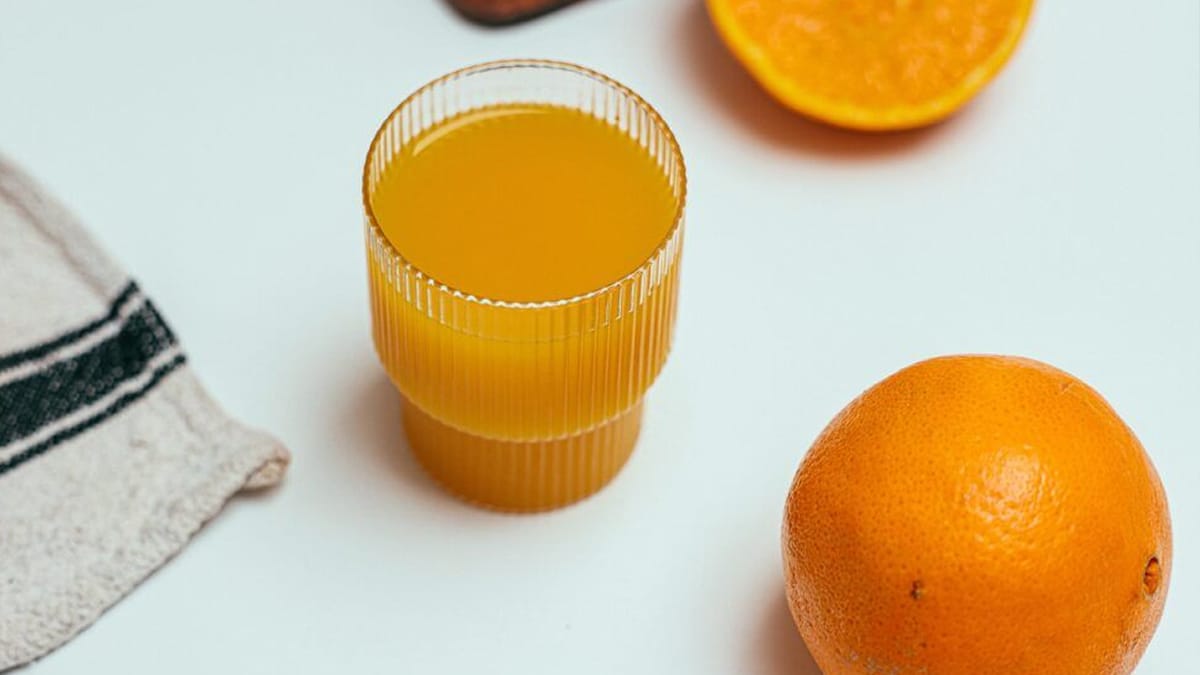How Vitamin C Helps Wound Healing: 5 Fast Facts
Vitamin C is more than just an immune booster. This essential nutrient plays a critical role in repairing tissues, fighting infection, and accelerating recovery from injuries. In this article you’ll discover how Vitamin C helps wound healing with five fast facts backed by science, plus practical tips to apply immediately.
How Vitamin C Helps Wound Healing: 5 Fast Facts
When you understand the powerful connection between Vitamin C and wound repair, you can make smarter dietary choices and improve recovery outcomes.
Many people underestimate how crucial Vitamin C is for the healing process. Whether you’re recovering from surgery, dealing with a minor cut, or managing a chronic condition that slows healing, Vitamin C can be a game changer. Below you’ll find clear explanations, research references, and actionable advice.

Why Vitamin C Matters for Tissue Repair
Vitamin C (ascorbic acid) is a water-soluble vitamin the body cannot produce on its own. It is required for collagen synthesis, a process essential for skin integrity, blood vessel health, and tissue strength. Without enough Vitamin C, wounds heal slowly, scars may be weaker, and infections can develop more easily. According to the U.S. National Institutes of Health, adult men need about 90 mg per day and adult women about 75 mg per day, but needs can increase during injury or surgery recovery.
Fast Fact 1: Collagen Production Accelerates Wound Closure
Collagen acts like the scaffolding of new tissue. Vitamin C is a cofactor for the enzymes that stabilize and crosslink collagen molecules. Without adequate Vitamin C, collagen fibers are weak, leading to fragile tissue and delayed closure. A study in the British Journal of Surgery showed that patients with higher Vitamin C levels after surgery had fewer wound complications. To boost collagen, include foods like bell peppers, citrus fruits, and broccoli daily.
Fast Fact 2: Antioxidant Power Reduces Inflammation
Wounds trigger an inflammatory response, which is necessary but can also damage surrounding tissue. Vitamin C’s antioxidant properties neutralize free radicals generated during inflammation. This reduces oxidative stress, protects cells, and may shorten recovery time. In animal models, Vitamin C supplementation has been linked to faster epithelialization and less swelling. Pairing Vitamin C-rich foods with protein sources enhances overall repair.
Fast Fact 3: Immune Defense Against Infection
Open wounds are vulnerable to infection. Vitamin C supports white blood cell function, enhances the skin’s barrier, and strengthens connective tissue, making it harder for pathogens to spread. A 2017 review in Nutrients highlighted Vitamin C’s role in immune cell migration to injury sites. For individuals with compromised immunity, ensuring adequate Vitamin C can be the difference between a smooth recovery and a lingering infection.
Fast Fact 4: Iron Absorption Improves Oxygen Delivery
Tissue repair requires oxygen and nutrients. Vitamin C boosts the absorption of non-heme iron from plant foods, improving hemoglobin levels and oxygen delivery to healing tissue. This synergy is particularly helpful for vegetarians, older adults, or anyone with borderline iron levels. Adding a squeeze of lemon to leafy greens or taking Vitamin C alongside iron-rich foods can speed up repair.
Fast Fact 5: Reduces Risk of Chronic Wounds and Complications
People with diabetes, vascular disease, or chronic ulcers often struggle with slow-healing wounds. Vitamin C deficiency is common in these groups. Research in Clinical Nutrition showed that supplementation in deficient patients improved wound healing rates. While Vitamin C alone isn’t a cure, it’s a critical part of a comprehensive plan including good blood sugar control, proper dressings, and medical care.

Practical Ways to Use Vitamin C for Wound Healing
Eat a variety of Vitamin C-rich foods such as kiwi, strawberries, papaya, and tomatoes to maintain steady blood levels.
Consider a moderate-dose supplement (250–500 mg) if your diet is lacking, but stay within the safe upper limit of 2,000 mg per day.
Space intake throughout the day for better absorption.
Combine Vitamin C with adequate protein, zinc, and fluids for complete healing support.
Work with your healthcare provider if you have chronic conditions or are recovering from major surgery.
Scientific References
National Institutes of Health Office of Dietary Supplements – Vitamin C Fact Sheet.
British Journal of Surgery – Postoperative Vitamin C status and wound complications.
Nutrients Journal – Vitamin C and immune function.
Clinical Nutrition – Supplementation and chronic wound healing.
Real-World Examples
Many orthopedic patients report fewer complications when their postoperative nutrition includes extra Vitamin C from both foods and supplements. Athletes recovering from cuts or abrasions find that smoothies with citrus and spinach help them return to training sooner. These anecdotal experiences align with research showing Vitamin C’s role in tissue repair.
Tips, Tricks, and Warnings
Do not rely on Vitamin C alone; combine it with proper wound care and medical advice.
Avoid megadoses beyond 2,000 mg daily, which can cause digestive upset or kidney stones.
Choose buffered Vitamin C supplements if you have a sensitive stomach.
Store fruits and vegetables properly, as Vitamin C degrades with heat and light.
Frequently Asked Questions
How much Vitamin C should I take for wound healing?
Most adults can meet needs through diet, but during recovery some may benefit from 250–500 mg supplements under medical guidance.
Can Vitamin C speed up healing after surgery?
Research suggests adequate Vitamin C supports faster tissue repair and fewer complications, especially if your baseline levels are low.
Is food-based Vitamin C better than supplements for healing?
Food sources provide a steady supply plus other nutrients, but supplements can be useful if intake is low or needs are high.
Can I take too much Vitamin C while healing?
Yes, exceeding 2,000 mg daily may cause diarrhea or kidney stones. More isn’t always better.
Does Vitamin C help with scar quality?
By supporting collagen synthesis, Vitamin C can improve the strength and appearance of scars, though genetics and wound care also matter.
What foods have the highest Vitamin C content?
Guava, kiwi, bell peppers, citrus fruits, broccoli, and strawberries are all excellent sources.
Should people with chronic ulcers take Vitamin C?
Many with chronic wounds are deficient. Supplementation under a doctor’s supervision may improve healing outcomes.
Recommended Product Types
Low-dose Vitamin C tablets for daily maintenance
Buffered Vitamin C powder to mix into smoothies
Vitamin C plus bioflavonoids for enhanced absorption
Topical Vitamin C serums for scar care (adjunct only)
Liquid Vitamin C drops for easy dosing
Final Thoughts: Key Takeaways
Maintain a steady intake of Vitamin C from whole foods for everyday tissue maintenance.
Use moderate supplementation during periods of increased need such as post-surgery or injury.
Combine Vitamin C with protein, zinc, and good wound care for best results.
Stay within safe dosage limits to avoid side effects.
Consult healthcare providers for personalized recommendations.
Protect Vitamin C content in foods by eating them fresh and raw when possible.
Educate family members about Vitamin C’s role in recovery to build healthy habits.
Reference & Additional Reading
Inspired by studies and insights from:
www.health.harvard.edu
www.menshealth.com
www.healthline.com
www.womenshealthmag.com
www.ncbi.nlm.nih.gov
www.webmd.com
www.medlineplus.gov
www.tridenttech.edu
www.burnexia.com

